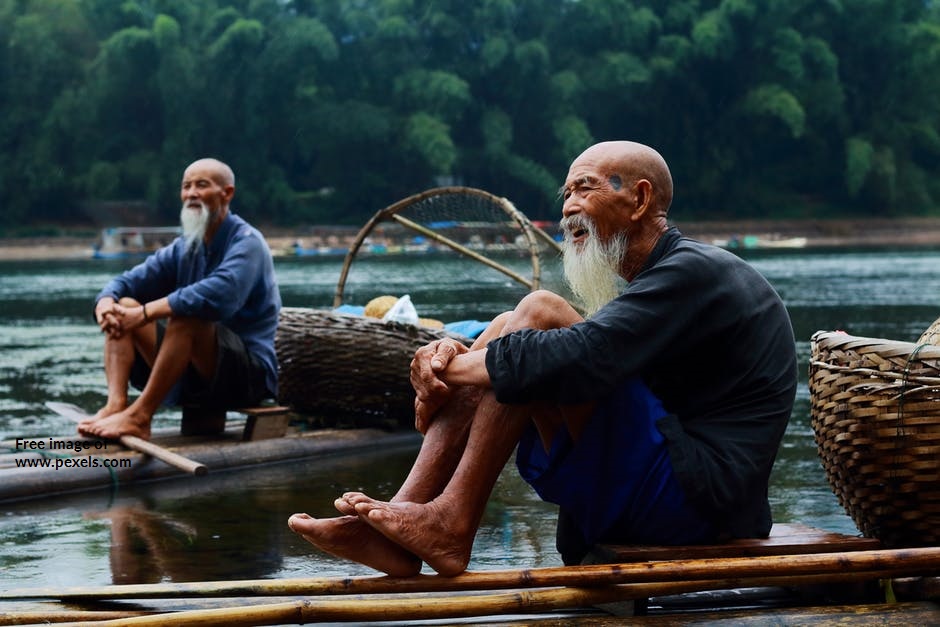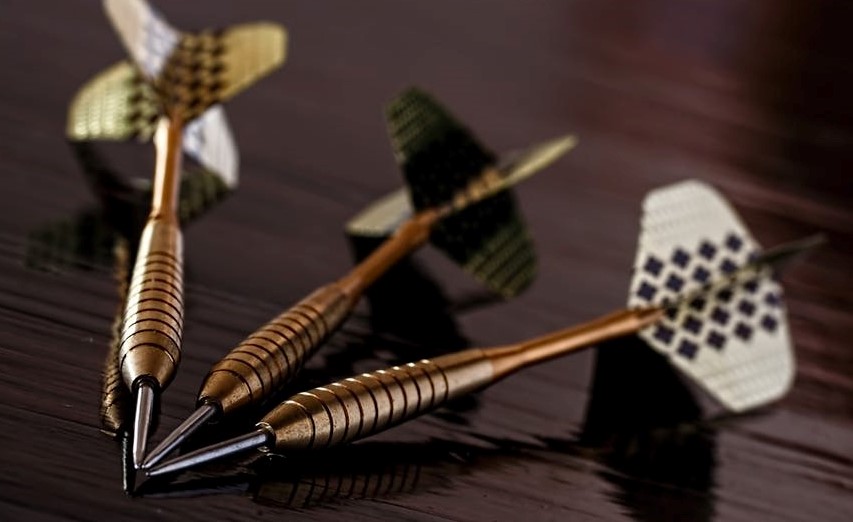What is lifestyle balance?
We take life and living for granted. In the process, we do not extract from life, everything that it can offer. Consequently, we shortchange ourselves from living a complete life.
Briefly, lifestyle balance is the way we plan our daily events and also, how we maximise every moment doing what need to be doing. It is about maximising situational awareness (prajñā). So, lifestyle balance can also be called the art of living in the present. Why is it an art?
Living is personal and even though we may try to manage events, there is always an element of uncertainty in the situation, our thinking and our responses.
So, even when we are methodical, there is an element of spontaneity in our responses. So, it becomes an artform.
How can yoga help in achieving lifestyle balance?
It is obvious that to live life well, we must learn to be in the present. That is the practice of yoga!
Raja Yoga was conceived at a time when people lived by the sun, not by the clock. Hence, many factors which were considered as natural then are no longer relevant in today’s lifestyle. This means that we need to revise some the assumptions in Raja Yoga and introduce additional aspects to make the concept relevant for contemporary lifestyle.
Additions to yama and niyama…
As we try to achieve our dreams, our life becomes a blur of events and change. Generally, work becomes central to our life and achievement drives our sense of self-worth. Often, success comes from our ability to achieve results using resources which are inadequate or incapable. Consequently, our many of our outcomes become sub-optimal to our original plans, resulting in increased stress as we fall behind in our achievements. This results in stress.
As we age, we find that the dreams, duties and relationships that we neglected leave us a feeling unfulfilled, inadequate and out of control with our lives. Also, the essential relationships that we neglected begin to drift and fall apart and we scramble to repair the damage. Often, we find that the moment has been lost. Sometimes, we succeed in retaining the relationship, but these bonds are often a shadow of what they might have been.
So, is there an alternative way of living? Can we balance our daily routine and live a stress free life?
We can achieve balance in life, but we must recognize that this balance requires sacrifice and compromise, which is not easy. Consequently, our definition of what is a good life or success will have to be re-calibrated. Also, we will need to balance two elements – our expectations with our resources. When resources are low, we must be willing to adjust our expectation with the resources available.
But, when the resource is “us”, then we need to prioritise ourselves, based on effective utilization is time, relationships and activity.
What are some of the factors of lifestyle balance? Read on…
Points to Ponder on transformation.
Internal Tags: Karma, Dharma (conditioning), Stress and Situational Awareness, Stress and prana, Awareness measures, Bhakti Yoga fundamentals, Jnana Yoga, Karma Yoga, Hatha Yoga and Raja Yoga.
External Tags: Consciousness
- How can we achieve lifestyle balance?
- What does one have to sacrifice to live a balanced life?
- How important is ambition to happiness and peace of mind?


